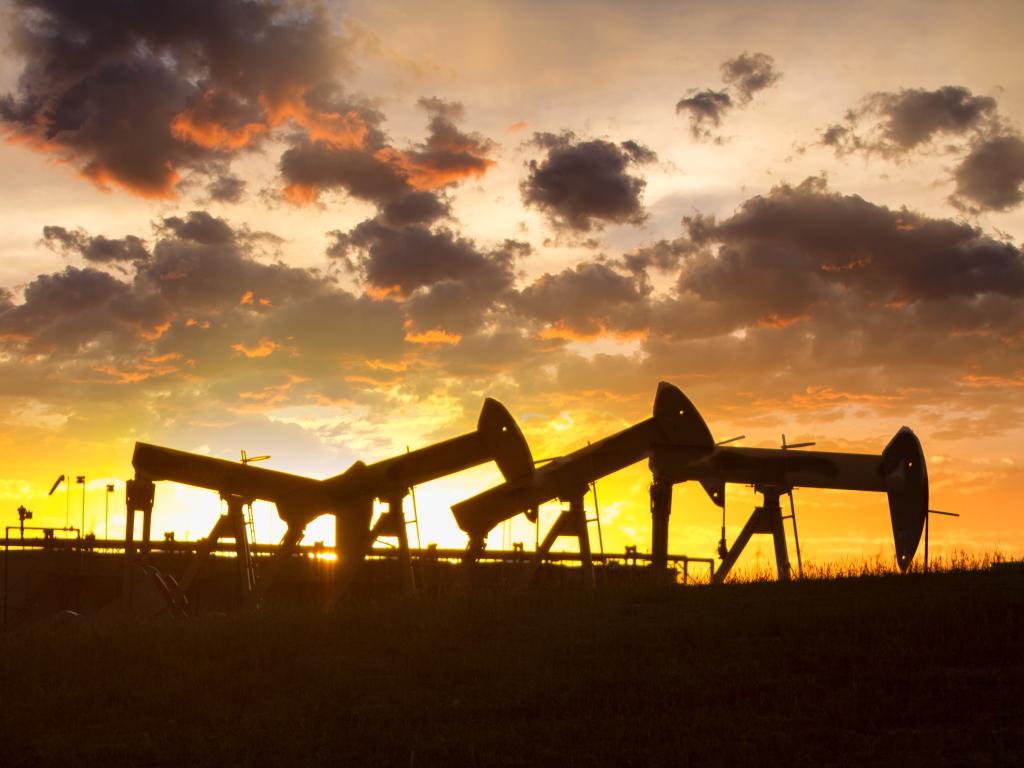Roadblocks to Fracking the Karoo: State Gives the Green Light but South African Legislative Landscape is far from Ready

On the 30th of March 2017, Minister of Mineral Resources, Mosebenzi Zwane announced that fracking would go ahead in the Karoo. The Minister cited the provision of cost-effective energy security and reducing South Africa’s carbon footprint as some of the reasons for the approval of fracking. It is, however, still uncertain exactly how fracking will be regulated as no legislative changes to facilitate fracking have been implemented to date.
The decision to go ahead with fracking therefore still only signifies a policy position from the Department of Mineral Resources (“DMR”), but this position already faces vehement opposition on several fronts. It is generally argued that fracking will result in the pollution of the water table.[1] Considering that the Western Cape (which is part of the Karoo basin) has been declared a disaster area due to severe droughts some argue that the decision to approve fracking is not well timed as fracking may result in the pollution of a resource that is already severely limited.
Anti-fracking lobbying is not the sole obstacle for fracking as the current legislative and fiscal climate presents additional challenges. There is uncertainty as to whether the upstream petroleum sector (of which fracking forms part) will be regulated by separate legislation or by the Mineral and Petroleum Resources Development Act 28 of 2002 (“MPRDA”) that currently regulates mineral and petroleum extraction. If separate legislation is to regulate fracking, it must first be drafted. Regardless of whether a new act or the MPRDA regulates fracking, the relevant legislation will also have to be supplemented by technical regulations customised for fracking.
The mining sector furthermore still awaits the finalisation of the 2013 Bill (Mineral and Petroleum Resources Development Amendment Bill 15-2013), which will amend the MPRDA. The amendments propose, amongst other things, the dissolution of the specialist Petroleum Agency of South Africa.[2] The powers of the agency are to be reallocated to the more general mining authority, the DMR. The result of this reallocation is that fracking (and all other petroleum-related issues) will fall under the jurisdiction of the DMR, which does not have as much experience in regulating the petroleum industry. The dissolution of the Agency is also contrary to global practice, which sees countries with successful petroleum sectors having specialised petroleum agencies.
The 2013 Bill also provides for an increase in government’s stake in petroleum exploration and production projects.[3] Increasing government’s stake in the industry, may affect investor appetite as it will decrease investors’ share in the financial benefits flowing from the development of fracking whilst investors will still bear most of the risks. This may affect the amount of financing and capital made available to develop fracking.
The National Assembly has already signed off on the Bill in November of 2016, but certain procedural and constitutional issues have since arisen, delaying the already lengthy process of enactment even more.
The fiscal uncertainties are almost as debilitating as the legislative challenges. It is still uncertain how much shale gas can be extracted in an economically viable manner. Exploratory drilling, which is a capital-intensive process that requires significant investment, will, therefore, have to be done to ascertain the extent of reserves. Procuring the required investment is made more challenging due to the combination of the legal uncertainty (outlined above) and an oil price slump. Low oil prices affect profitability, especially when it is difficult to extract the gas from the rock formation.
The combination of fiscal and legislative challenges may continue to cause delays indefinitely. These challenges are not ones that can be overcome overnight. They indicate that the South African legislative landscape is not yet capable of supporting fracking. Despite the government's seeming commitment to pursue fracking, there is still quite a way to go before fracking materialises.
Written by Nonku Zondo
[1] G Van Tonder, F de Lange, G Steyl, et al,“Potential Impacts of Fracking on Groundwater in the Karoo Basin of South Africa” (2013), Institute for Groundwater Studies, University of the Free State.
[2] Provision 2.7, Mineral and Petroleum Resources Amendment Act Bill, B15-2013
[3] Provisions 2.8 and 2.9, Mineral and Petroleum Resources Amendment Act Bill, B15-2013
